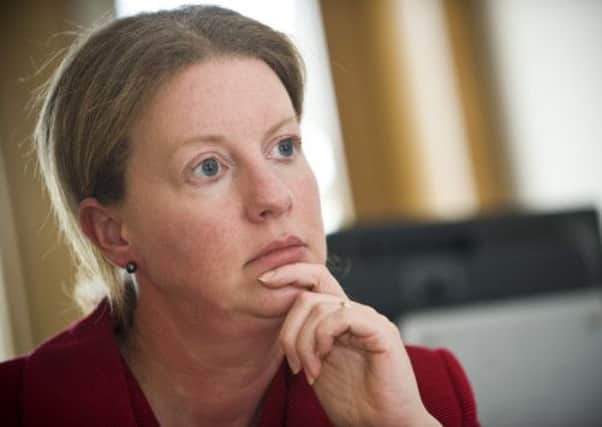Forced-marriage families to face jail terms


But last night, women’s groups hit out at the move, calling it a “U-turn” that would deter victims from coming forward and “criminalising” family members.
The change is being introduced to bring Scotland into line with the rest of the UK, according to minister Shona Robison, who says it will help meet “international obligations”.
Advertisement
Hide AdAdvertisement
Hide AdThe overhaul will lead to offenders becoming convicted of a criminal offence for the first time.
The move comes just two years after the Scottish Government said it would not make forced marriages a criminal matter, after warnings this would discourage victims from speaking out because they would not want to be responsible for a family member being convicted of a criminal offence.
At the moment, people convicted of charges relating to forced marriage face a two-year sentence in Scotland, but Ms Robison will tell MSPs on Holyrood’s justice committee today that the government position has shifted to back a seven-year term.
“Officials have looked again at sentencing and, following discussions, have concluded that it would be desirable to make the sentence on indictment the same in Scotland as it is in England and Wales,” she states in a submission to MSPs.
“The reasoning behind this is that if we are providing consistency across the UK by criminalisation, we should seek to extend that same consistency – and deterrent to those who would seek to perpetrate forced marriages – by applying the same penalties upon indictment.”
England and Wales both carry maximum sentences of seven years and MSPs will today consider a change to Westminster’s Antisocial Behaviour, Crime and Policing Bill, which will bring Scotland into line with this, through a legislative consent motion.
At the moment in Scotland, offenders are served with a “forced marriage protection order” under civil law and while a breach of this order can lead to two years in prison, it is not currently a criminal offence.
But support groups, including Scottish Women’s Aid, Shakti Women’s Aid and Hemat Gryffe Women’s Aid said this was a “clear policy reversal” from the Scottish Government and they were against the changes. They warn in a joint statement to MSPs that it was difficult for people at risk of forced marriage to “report their parents and families” to the police.
Advertisement
Hide AdAdvertisement
Hide Ad“They often need to be reassured that the protection they seek can be obtained in the family courts and, thus, that their families will not be prosecuted, before they will agree to make a formal statement.”
The statement goes on: “Criminalisation of forced marriage may therefore further deter vulnerable persons from coming forward and may negatively impact on the use of the existing civil legislation.”
A forced marriage is where one or both people do not consent and pressure or abuse is used. The pressure put on people to marry against their will can be physical or emotional and psychological. Financial abuse can also be a factor.